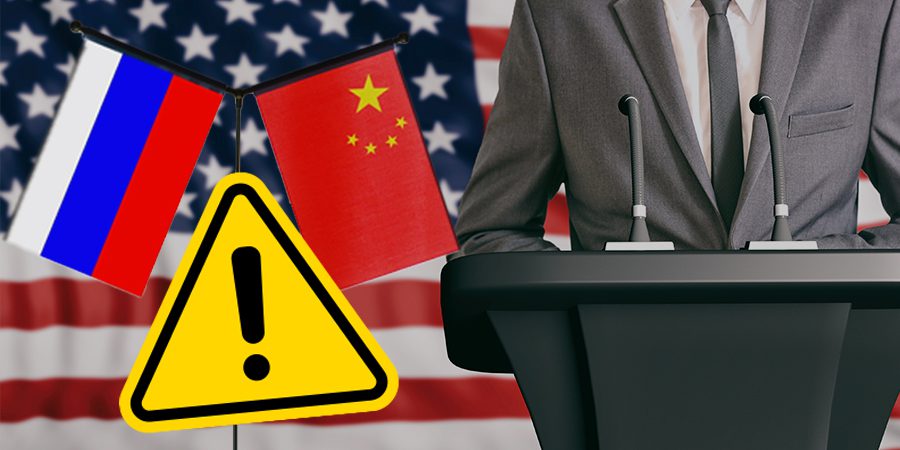
In this article, we will explore the increasing concern among U.S. officials and experts regarding China’s aggressive influence operations against the United States
Key Takeaways:
- China is adopting tactics typically associated with Russia in its efforts to influence American public opinion, and the U.S. is not doing enough to counter this threat.
- China has been generating false news reports and denigrating social media posts with the help of artificial intelligence, indicating China’s readiness to launch more covert operations.
- China’s cyber espionage operations pose a significant threat to U.S. government and private-sector networks, and it is attempting to covertly influence U.S. public opinion by building influence at the state and local level.
- The U.S. government is implementing measures to enhance its cybersecurity and technological expertise, but countering Chinese influence operations would demand a diverse approach that extends beyond technology.
- To effectively counter Chinese propaganda and influence, the U.S. will need to improve its domestic unity and resilience, reduce its dependence on Chinese supply chains, and build stronger partnerships with like-minded countrie
China Adopts Russian Tactics in Influence Operations Against US
There is a growing concern among Washington officials that China is using tactics associated with Russia in its attempts to influence American public opinion.
Although China has been known for its anti-American propaganda, recent events indicate that the country is becoming more aggressive in its influence operations, and the US is not doing enough to counter the threat.
Experts suggest that some of the attempts by China-linked actors to influence American public opinion have been poorly executed, but they indicate China’s readiness to launch more covert operations as part of a wider acceptance of such tactics.
The US intelligence community warns that China’s growing efforts to exploit perceived societal divisions in the US using online personas are making Chinese influence operations more like Russia’s.
They predict that Russia will continue to interfere in US elections through covert operations, such as establishing relationships with people in the media and politics for future influence campaigns.
China’s Influence Operations in the “Global South”
There are worries in Washington about the potential impact of China’s influence operations in the “Global South,” including Africa, Asia, and Latin America.
Both China and the US have significant economic and political interests in these regions, and the US is particularly concerned about “swing states” where populations support both sides in the narrative battle.
US Government Responds to Growing Threat
The annual threat assessment by the US intelligence community shows that China is currently the most active and persistent cyber espionage threat to US government and private-sector networks.
The report highlights China’s cyber espionage operations, including the compromise of telecommunications firms, providers of managed services, and widely used software, which can provide opportunities for intelligence collection, attack, or influence operations.
In response, the US State Department’s Global Engagement Center is countering Chinese messaging outside of both the US and China.
The US government has implemented measures to enhance its cybersecurity and technological capabilities, such as increasing funding for research and development of new technologies and creating new agencies and programs to address cyber threats.
The US government has also increased scrutiny of Chinese investment and research activities, particularly in sensitive areas such as defense and technology.
Experts Warn of the Need for a Multifaceted Approach
Experts caution that countering Chinese influence operations requires a multifaceted approach that goes beyond technology.
The US needs to improve its domestic unity and resilience, reduce its dependence on Chinese supply chains, and build stronger partnerships with like-minded countries to effectively counter Chinese propaganda and influence.
Future of US-China Relations in the Tech Arena
US Secretary of State Antony Blinken has recognized that technology plays a critical role in shaping the future relationship between the US and China.
The US and China have made significant investments in technology and have been using it to expand their influence and power both domestically and abroad.
As the relationship between the two countries continues to evolve, technology will likely remain a key battleground in the struggle for influence and power.
The US government must continue to invest in its technological capabilities and take steps to counter Chinese influence operations to protect its national interests and maintain its position as a global superpower.
 Sections of this topic
Sections of this topic
















